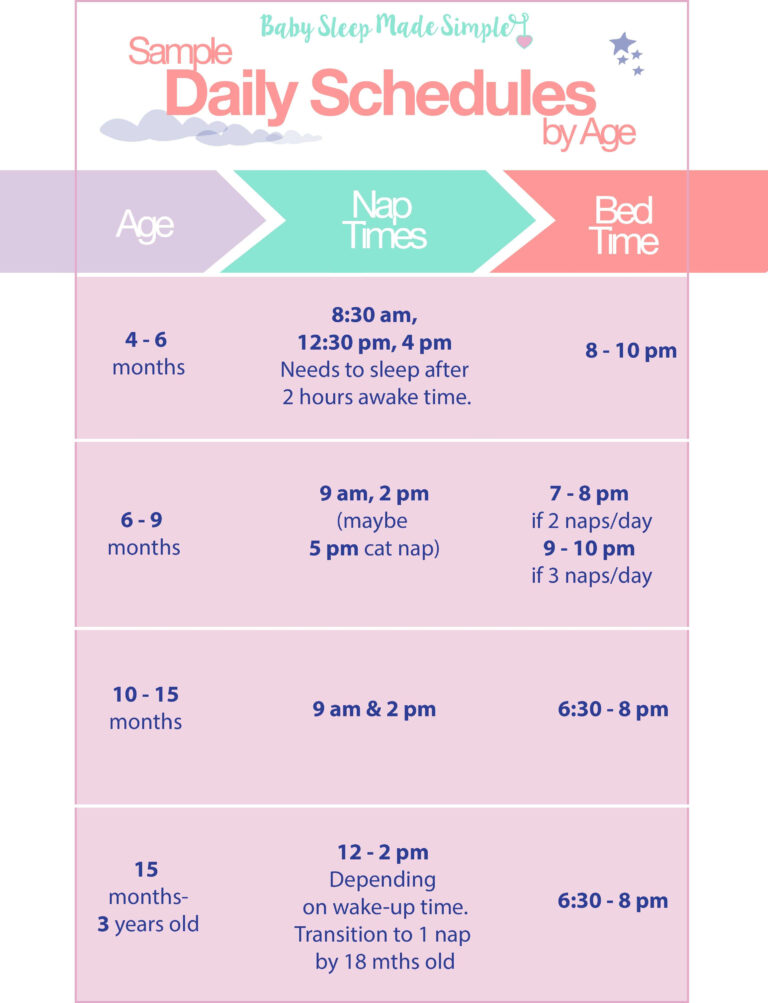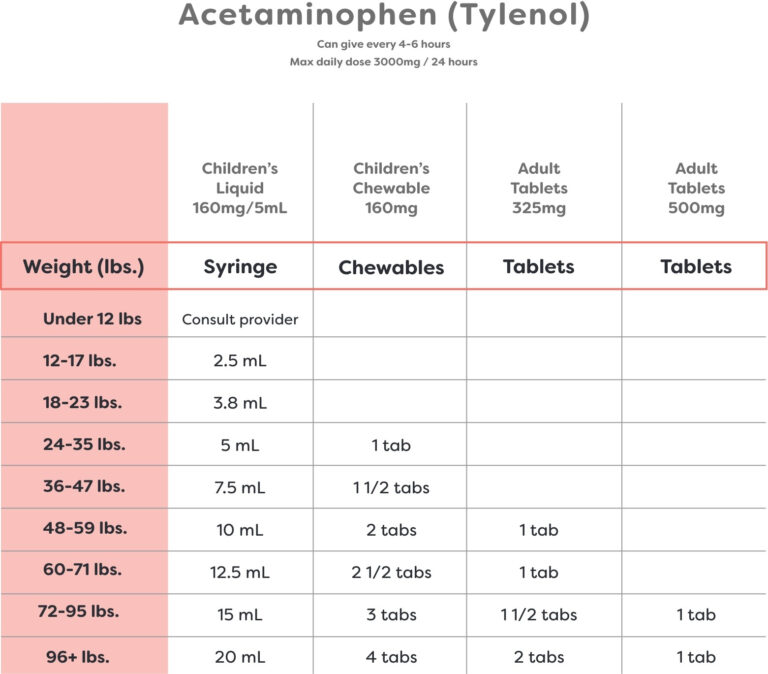When Can A Baby Roll Over
As a parent, one of the most exciting milestones to witness in your baby’s development is when they start rolling over. It’s a sign of their growing strength and coordination, and it opens up a whole new world of exploration for them. In this article, we will delve into the topic of when can a baby roll over, discussing the key factors and milestones associated with this exciting moment in your baby’s life.
Knowledge
When it comes to the question of when can a baby roll over, it’s important to understand that every baby develops at their own pace. Typically, babies start rolling over around 4 to 6 months of age. However, some babies may start rolling over as early as 3 months, while others may take a bit longer and not roll over until closer to 7 or 8 months.
There are a few key factors that can influence when a baby will start rolling over. One of the primary factors is muscle strength and coordination. Babies need to develop enough strength in their neck, shoulders, and core muscles to be able to push themselves over. Tummy time, where babies spend time on their stomachs, is crucial for building these muscles.
Another factor that can affect when a baby rolls over is their overall development. Babies who are reaching other milestones, such as holding their head up, pushing up on their arms, and kicking their legs, are likely to start rolling over sooner than babies who are still working on these skills.
As a parent, there are things you can do to encourage your baby to start rolling over. Providing plenty of tummy time is essential, as it helps your baby build the strength and coordination needed to roll over. You can also try placing toys or objects just out of reach to motivate your baby to move and reach for them, which can help them practice rolling over.
It’s important to remember that every baby is different, so try not to compare your baby’s development to others. Some babies may take longer to start rolling over, and that’s perfectly normal. If you have concerns about your baby’s development, always consult with your pediatrician for guidance and reassurance.
Conclusion
In conclusion, the question of when can a baby roll over is a common one for parents eagerly awaiting this milestone. Remember that every baby develops at their own pace, and there is a wide range of what is considered normal. By providing plenty of tummy time and opportunities for movement and exploration, you can help encourage your baby to start rolling over when they are ready.
Overall, the target audience for this article is parents and caregivers of infants who are curious about their baby’s development and milestones. By understanding the factors that influence when a baby can roll over and how to encourage this skill, parents can feel more informed and confident in supporting their baby’s growth and development.
Rolling over is not just a physical milestone for babies; it is also a cognitive and emotional one. It opens up new opportunities for exploration and discovery, as babies learn to move and interact with their environment in new ways. By celebrating and supporting your baby’s achievements, you are helping to lay the foundation for their future development and success.






